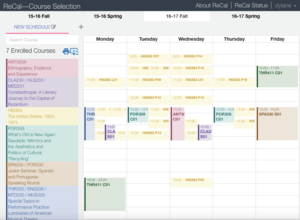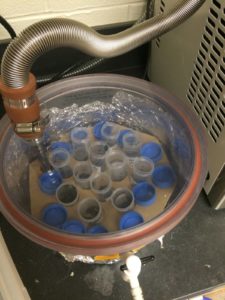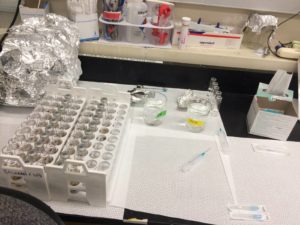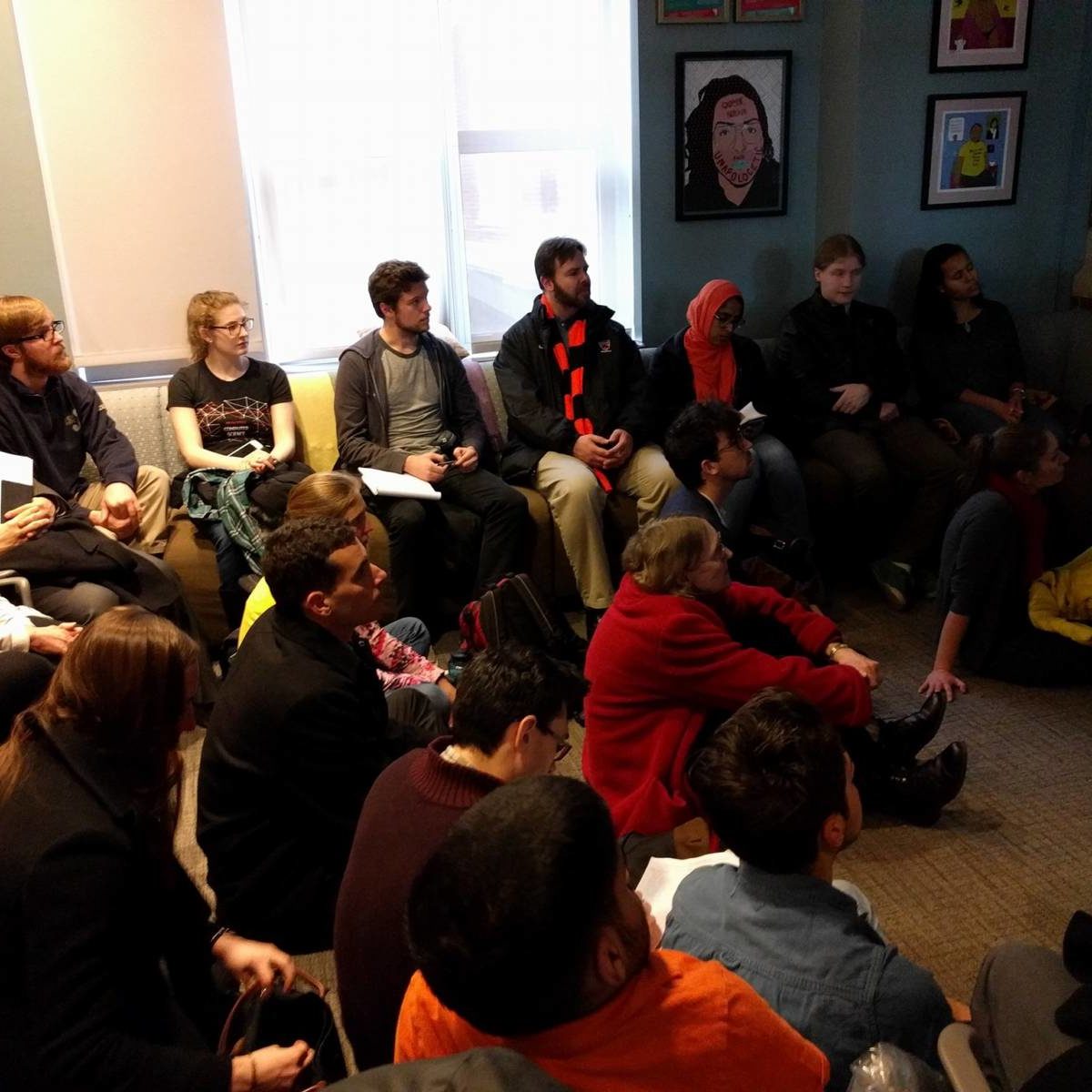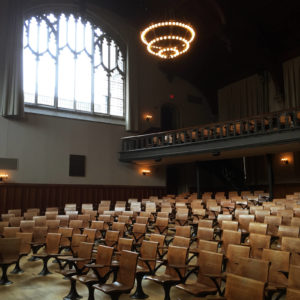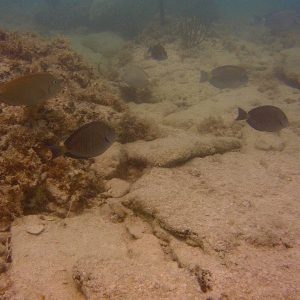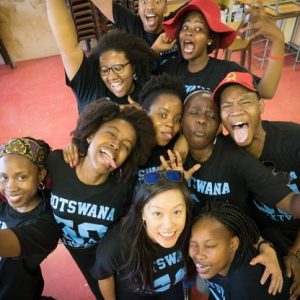The registrar will soon be releasing fall course offerings. Even as spring semester continues full speed ahead, many juniors are beginning to think about the coming year. Especially for A.B. seniors, who take only six classes, the questions of which to take, how many to take, and how to balance them with a thesis and post-graduation plans, all loom. Remembering how I, as a second semester junior, relied on advice from outgoing seniors, I decided to compile some of my own reflections on approaching coursework in senior year.
Three-three or four-two? For most A.B. students, senior year is the only time we take six courses, rather than eight or nine, to make more time for independent research. We may divide these courses in two ways: three each semester; or four in the first, two in the second. This decision may come down to a number of factors, including: your ability to plan ahead and pace your work, your spring extracurricular conflicts, and your research requirements (for some, scheduling lab work is an important consideration). Personally, I am so grateful for my decision to take four and then two. Especially since I have two theses — one for the Spanish and Portuguese concentration, and a thesis play for the theater certificate — I appreciate the lighter course load.
Final requirements? As you select final courses, narrowing down the choices can seem impossible. Before you make any decisions, first consult your departmental, certificate, and distribution requirements. Many departments have advising tools and calendars to help keep you on track. If you have any prerequisites left, check if these courses are only offered one semester. Senior fall, for instance, was my last opportunity to take ANT 300, a requirement for the Ethnography certificate. Having this in my schedule helped me limit my other choices.
